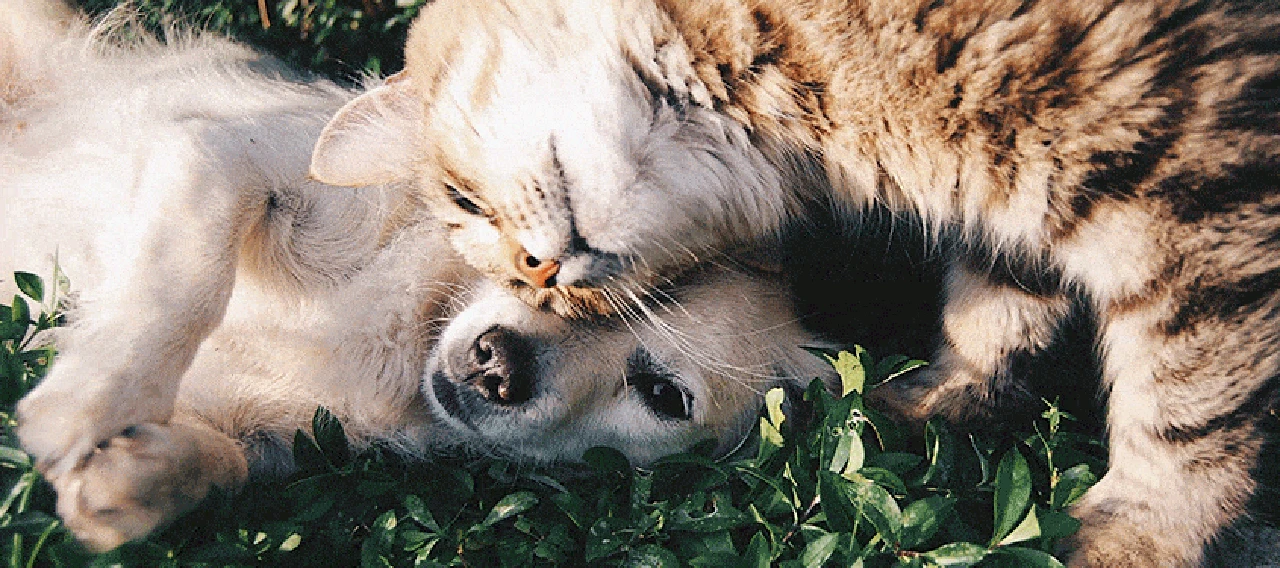Remember your Pets in Your Estate Plan

Many of us are fortunate enough to have wonderful pets in our lives that we love as if they were our own family members (because they are!). When writing a Will, clients often focus more on their monetary assets and are less focused on what will happen to their pet upon their death. This is not a reflection of their love or devotion to the animal(s) — it’s just not something that comes to mind as an estate issue. However, any Will that doesn’t fully address a client’s needs is certainly a pet peeve of mine (if my readers will excuse the pun).
During the drafting process, I will usually pose the following practical questions that a client should consider:
– Who is going to take your dog or cat (or several dogs and cats) after you’re gone?
– What will happen if the pet is unusual or exotic and may not have across-the-board appeal?
– What about a pet that has a long life expectancy (some birds have life spans that can exceed 90 years)? Will the pet outlive the person charged with its care?
It’s important that you address these issues in your Will. This is the first place that family members, friends, and the courts will look to determine your wishes. In terms of wording, I generally advise clients to use generic words such as any domestic animals that I may own or any domestic animals or pets that I may own upon my death. Why? Because you may have acquired more pets between the time you sign your Will and your death. Or, sadly, your favorite companion may die before you.
The Will should identify a person who is going to receive these pets. When choosing this individual, it is a good idea to ask some critical questions:
– Does this person like pets?
– Is this person allergic to the pets?
– Does this person live somewhere that allows pets (or specific types of pets)?
– Is this person able to financially provide for the pets?
Remember, having a pet can be an expensive endeavor. In addition to routine vet visits, food, and the occasional toy, the pet may need surgeries or medical procedures that can be expensive. Can the recipient afford it?
For people who cannot find an appropriate person to look after the pets, there are many options available. Several charitable organizations will accept pets in exchange for a charitable bequest in the client’s Will. If the client has a relationship with a local shelter or animal rescue group, that is often a great place to start. Usually the charitable organizations run “no-kill” shelters that will maintain the animal in comfort for the rest of its natural life. Clients often like this option because (1) they are animal lovers and (2) they are happy to donate to this kind of charity anyway.
In circumstances where a client names an individual recipient for pets (as opposed to a charity), they have an important choice to make: Are you going to informally leave the pets, and perhaps some money, to the recipient or create a formal trust for the benefit of the pet? We are going to take a closer look at these two options.
Informal Option
I’m a proponent of the informal option, which may include me writing something like, “I leave my beloved pit bull Dandelion Twinkletoes to my friend John Smith, if he survives me, along with the cash sum of $5,000,” in the client’s Will.
I would also include the following language: “It is my hope but not my direction that my Beneficiary John use the funds to take care of my pit bull.”
Why do this?
This phrasing maintains informality and quickly gives John, whom the client has a trusting relationship with, both the animal and some cash without the need for ongoing oversight that you might find in the second option — a pet trust.
Pet Trust
New York State amended its laws over the last 15 years to specifically allow a person to leave a trust in their Will for the benefit of their pet. Perhaps the best known example of this is Leona Helmsley who left several million dollars in a trust for the benefit of her dog, Trouble. Even spoiling this dog with every known canine pleasure couldn’t possibly put a dent in the trust; eventually, charities sued the trust in Court to get more immediate distribution of the funds that Leona left to them upon the death of the dog. Interestingly, Mrs. Helmsley also wanted to have her remains and Trouble’s interred together, which the law generally does not allow.
In my opinion, pet trusts can create a level of unnecessary formality. Pet owners often have beneficiaries who will do the right thing by their pets without the need for a charitable or formal trust—which may delay the probate of the Will.
As an aside, almost every time I have had to offer a Will for probate that contained a pet trust, I receive a laugh, snicker, or eye roll from the clerk taking in the papers.
In conclusion, our pets are an important estate planning consideration. Take a look at your documents: Have you stated who gets them? Have you made sure that the person is ready, willing, and able to take them? Can the Beneficiary afford the animal?
These are questions that you should review with your attorney to make sure that you have fully addressed your estate plan.
For more information on this topic, please contact Sommer & O’Donnell.
